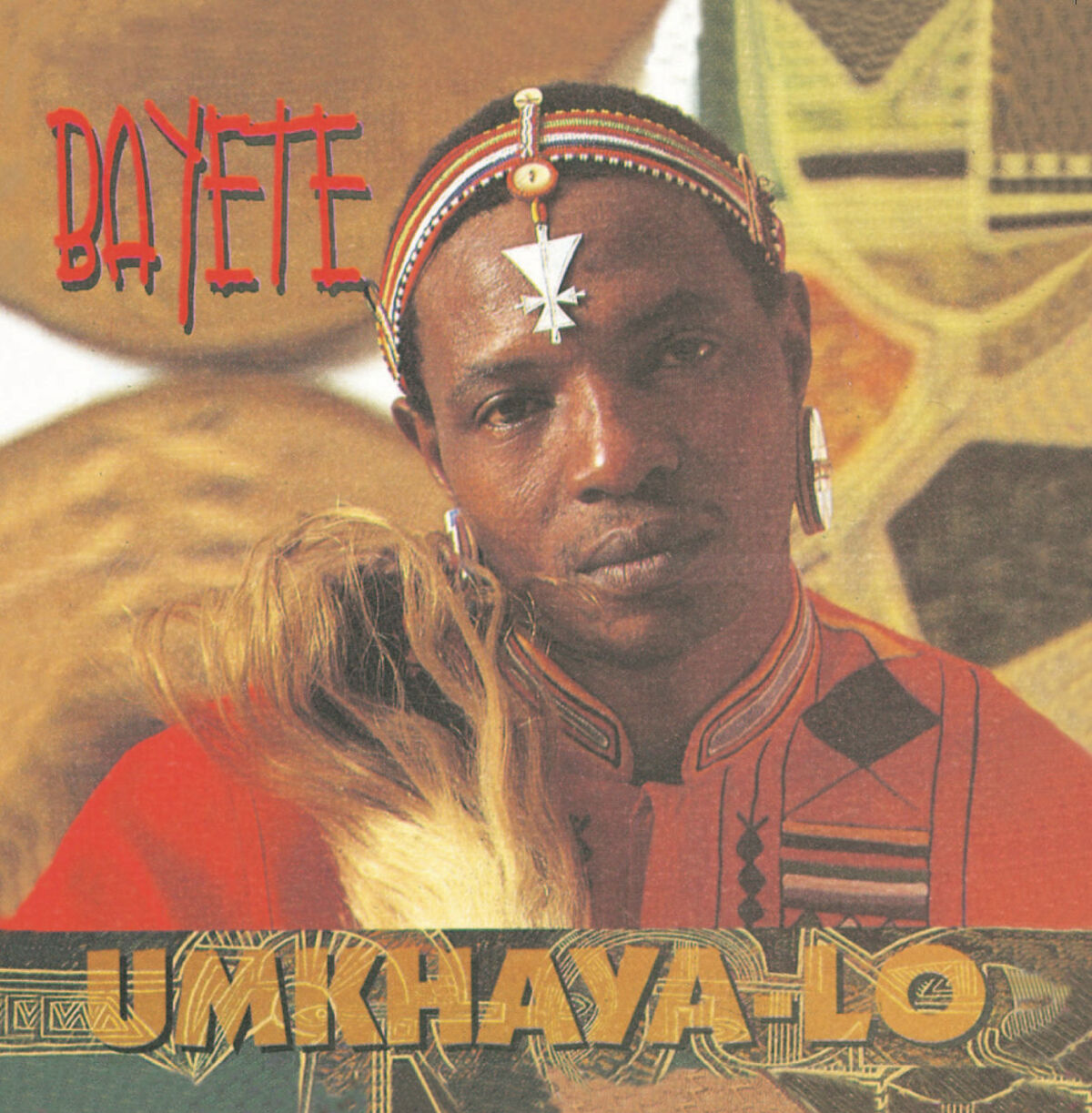Bayete, fronted by the dynamic Jabu Khanyile, emerged as a trailblazing South African band in the 1980s, renowned for its vibrant fusion of traditional Zulu sounds and contemporary African rhythms. Their politically charged music resonated deeply with the struggles of their time, leaving a lasting legacy in the cultural landscape of South Africa.

Bayete was a prominent South African band that rose to fame in the 1980s and became synonymous with its frontman, Jabu Khanyile. The band's name "Bayete" is significant in South African culture, as it is a traditional Zulu royal salute.

Bayete was formed in the 1980s as an eight-piece outfit featuring horns and brass instruments. The band's name "Bayete" has been interpreted to mean "between god and man" according to some sources. Jabu Khanyile, born in 1959 in Mofolo, Soweto, South Africa, initially joined the band as a drummer after auditioning with producer Koloi Lebona.
Before joining Bayete, Khanyile had been part of another band called "Inhlonipho," but left due to internal conflicts as the band achieved success. His move to Bayete proved to be fortuitous, as the band would go on to make a significant impact on the South African music scene for the next decade.

Bayete's music was deeply rooted in African musical traditions, particularly:
The band featured a distinctive brass-driven sound and maintained a somewhat politicized attitude in their music, which resonated strongly with black South Africans during the uncertain period just before the end of apartheid.

Bayete released several significant albums during their active years:
Mbombela (1987)- This was their first album, named after a Miriam Makeba song. The title track spoke about the economic realities of life in South Africa, addressing how steam trains took people away from their families to seek work in towns, with many fathers never earning enough to return home.
Hareyeng Haye (1990)- This album featured the hit song "Mbube" (meaning "lion"). The song came at a turning point in the South African struggle, and many people would substitute "Mbube" with "Mbumbe," meaning unity. While Bayete sang the original lyrics, they infused the song with the spirit of unity that was emerging in South Africa at that time.

Despite their success, Bayete experienced internal conflicts that led to the band's split in 1993. The members wanted to pursue different interests and goals. Following the breakup, Jabu Khanyile quickly assembled a new collection of musicians and continued performing under the Bayete name.
After the original band's dissolution, Khanyile recorded:
Mmalo-We- This album continued the momentum Bayete had built, earning a gold record and several South African Music Awards. It also caught the attention of Island Records founder Chris Blackwell, who acquired the album for worldwide release.
Umkhaya-Lo (1996)- This album continued Khanyile's exploration of African musical styles, combining historical elements with contemporary musical ideas.
Africa Unite (1997)- A compilation album featuring tracks from both Mmalo-We and Umkhaya-Lo.

Bayete, particularly under Jabu Khanyile's leadership, became an iconic part of South African music history. The band successfully blended traditional African musical elements with contemporary sounds while addressing social and political issues relevant to South Africa during a critical period of transition. Khanyile became the driving force and mastermind behind the later iterations of Bayete, continuing the band's legacy even after the original lineup disbanded.
The band's music remains significant for its cultural impact and its role in expressing the experiences and aspirations of South Africans during the late apartheid and early post-apartheid eras.
